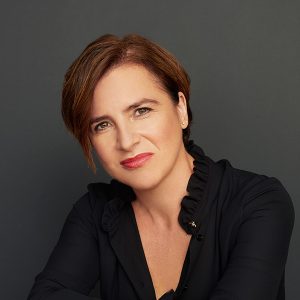
17 Oct Social Justice and Equality [Justice]
Why does justice matter? How can we define it? Where does it reside and how do we implement it? How do we reconcile the need for a state with individual liberty? Why should I be taxed for common services? Most importantly, why would I care in today’s global world? According to the UN, inequality is an issue “that will define our time”. Equal access to opportunities is a rising concern among global policy makers. It is not a coincidence that the pledge ‘Leave no one behind’ is the one chosen for the 2030 Agenda for Sustainable Development. You only have to open your eyes, regardless of where you are, to observe inequality in its various forms, not only determined by income, but also by gender, race, or class, among other factors. Global movements such as the recent Black Lives Matter and Me Too may be considered, in fact, as heirs to sustained attempts to attain and define justice and equality throughout the centuries, ways of cooperation, organization and coexistence that have guaranteed our survival as species. The responsibility to include the other, to give his/her own, and the extent to which we should do it -or we should not- will be the subject of our analysis, having in mind the fact that we are tightly interconnected, and the coronavirus health crisis has demonstrated it even more clearly.
In this course, we will explore the concepts of justice and equality using manifold lenses and an interdisciplinary approach, while combining theory with the discussion of a series of case studies. The study of some of the most influential philosophical and political theories, -applied to practical cases-, will help us first to illuminate various formulations on pivotal terms such as liberty, state, democracy and rights. We will witness how the theorization of justice and equality was born and the debates around it also by going back in time to moments of change, rebellion and experiments, such as the American Revolution, the Universal Declaration of Human Rights, the Civil Rights Movements and counterculture during the 1950s and 1960s and the Great Leap Forward. Films, documentaries, literary texts, songs and art will show us how representation has powerfully shaped the way we understand and conceive of justice and equality, bringing to the fore in some instances marginalized aspects and members of society, becoming means for protest, awareness and social criticism. The theoretical aspects, texts and visual material will be examined along central current debates on feminism, ecology, race, technology and digitalization, migration and global economics.
Flor Gragera de León
Flor Gragera de León holds a Ph.D. in Comparative Literature from Rutgers University (New Brunswick, NJ, USA), a M.A. in Comparative Literature (UCL, University College London, UK), a MA in Journalism (El País/ Universidad Autónoma de Madrid, Spain) and a B.A. in Journalism (University of Navarra, Spain). Flor was awarded a J. William Fulbright scholarship for her doctorate studies in the US, and serves currently at the Governing Board of the Spanish Fulbright Alumni Association. She has coordinated courses and designed curriculum for and taught Spanish, as well as Literature and Cultural Studies, to a diverse group of students at Princeton University and Rutgers University. In addition to teaching, she has been a consultant for UNESCO in its Paris headquarters, and works as a journalist, contributing to the Spanish communications group Vocento. Dr. Gragera de León has written for El País, El Mundo, and other media. She has taught at IE since 2013 both at the graduate and at the undergraduate levels.

